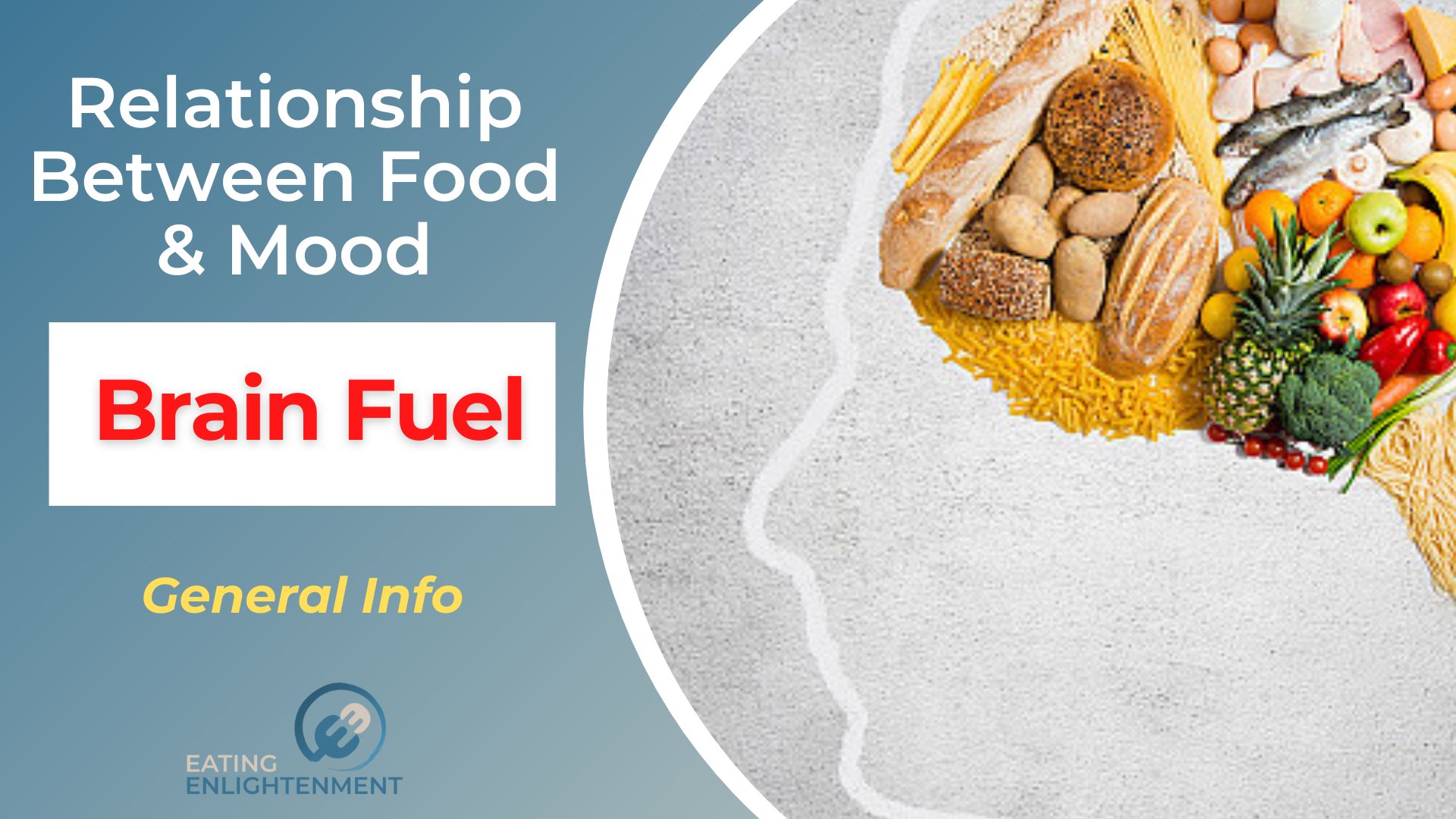Brain fuel. Many of us heard the saying “you are what you eat” as kids. While that isn’t literal, food does have a large effect on how we feel.
Think about how you feel after loading up on sweets. Sure, all that sugary goodness tastes great, but once the sugar rush crashes, you may feel queasy or exhausted.
Check out the information below to learn more about the interesting relationship between food and mood.
Sleep Affects Hunger

Our sleep cycles can affect how hungry we feel throughout the day. Typically, when we don’t get enough sleep, we tend to eat more.
According to several studies, this is because our brains aren’t making enough leptin to tell us that we’re full. As a result, we may overeat or snack more than usual throughout the day, or overeat at night. When we’re tired, food is also more appealing, and that—combined with lower leptin levels—can make it hard for us to say no to something delicious.
If you notice you’re prone to this behavior, try taking an afternoon nap or getting to bed earlier. Listen to your body and trust the signals it gives you.
Caffeine Leads to Anxiety

Many of us start our days with morning cups of coffee. But if you notice increased feelings of anxiety after drinking caffeinated beverages then limiting this is a good idea.
However, in moderation, caffeine can help you feel more productive and happier, since it stimulates the nervous system.
Some Foods Lead to a Positive Mood

Eating is a social experience, and some foods can evoke an emotional response because of the memories surrounding them.
For example, maybe you have a tomato soup recipe from your grandmother. Now each time you prepare it, you relive those positive memories. Likewise, you may want to share this recipe with others to spread the love.
Other foods boost our mood because of the vitamins in them. One reason why people love chicken sausage is that chicken is rich in B6 vitamins, which help your body produce more serotonin. As a result, you enjoy a delicious source of protein and feel happier.
Healthy Fats

As we discuss the interesting relationship between food and mood, bringing up healthy fats is also important.
There are three main macronutrient groups—carbohydrates, healthy fats, and protein—and we need appropriate amounts of each to flourish. Carbs supply our bodies with bursts of energy and protein keeps us full, while natural fats lift our moods. Plus, they’re anti-inflammatory.
Skipping Meals Affects You

Avoid skipping meals, since this can make you feel sluggish, lethargic, or agitated. This happens because your body doesn’t have enough nutrition to function and stay energized.
When you keep your body nourished with the right foods, your mind will have what it needs to ensure you flourish throughout the day.
If you know you’ll have a busy day out of the house, pack a healthy snack for yourself. Common examples include nuts, greek yogurt, or a protein bar.
A quick, healthy snack will keep your blood sugar level steady, which prevents you from feeling “hangry.”
Our bodies do incredible things for us, and by returning that love with the right food and brain fuel, we can enjoy each day more easily.



